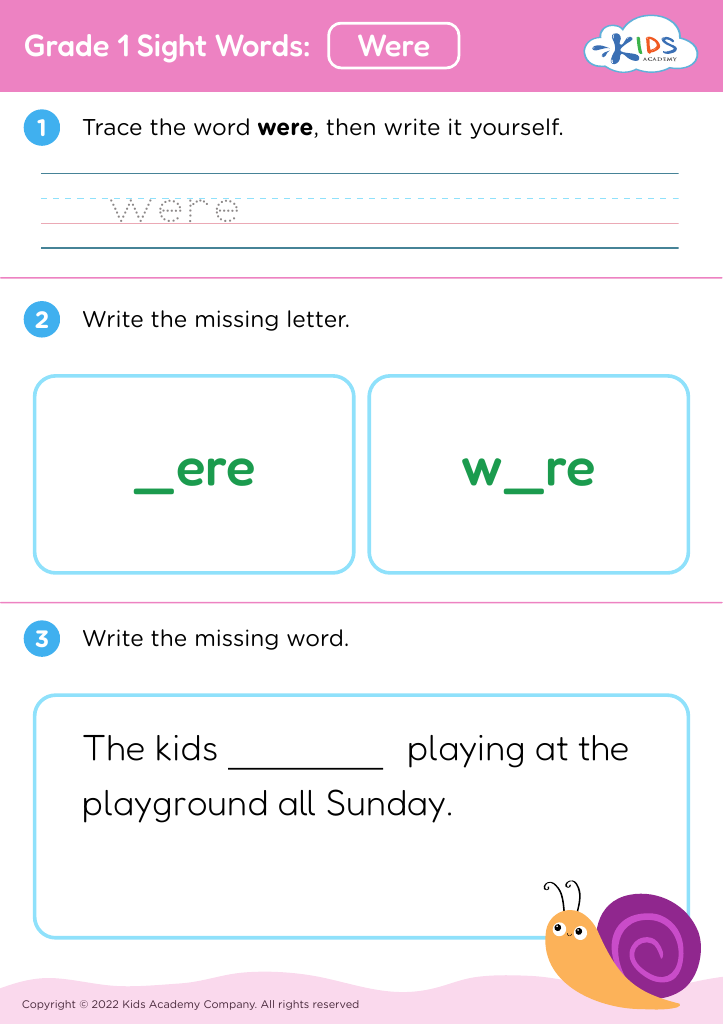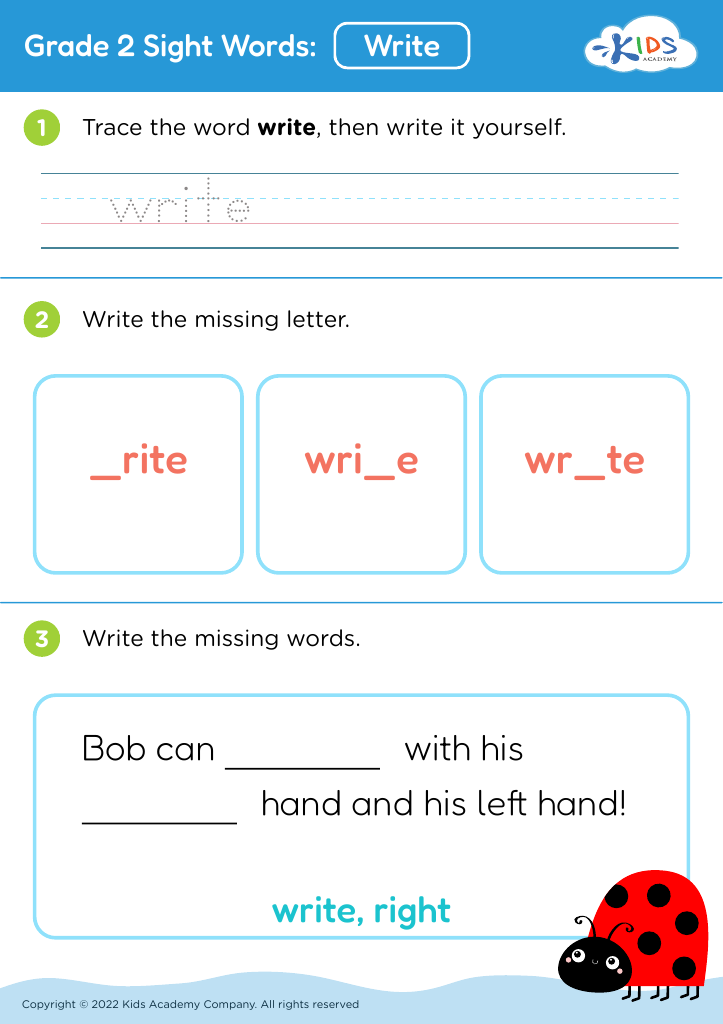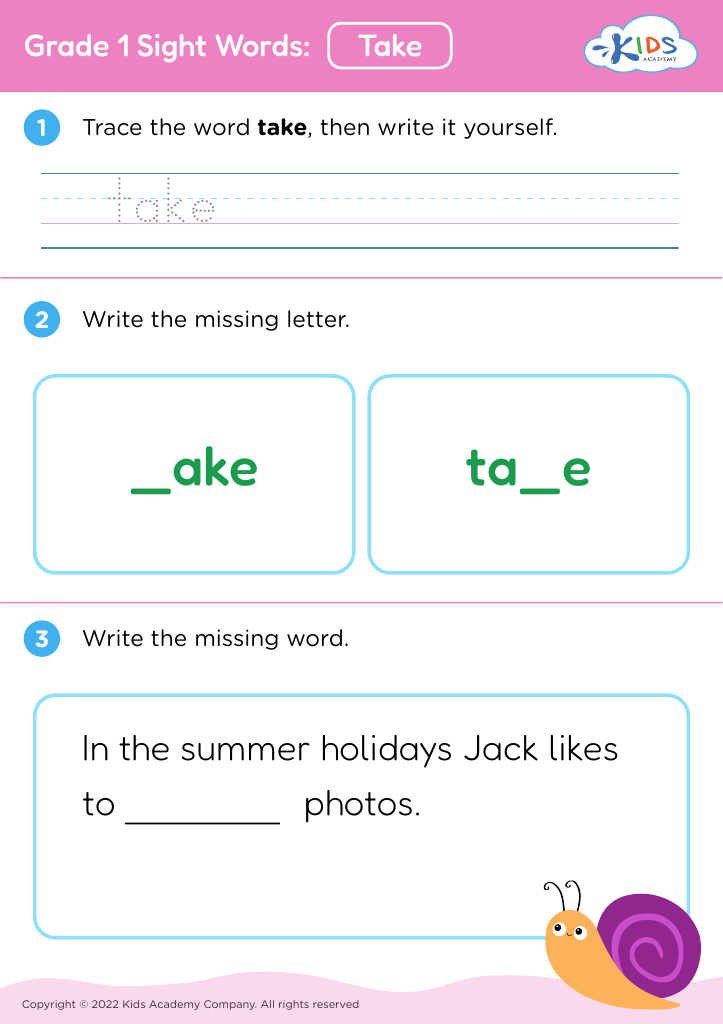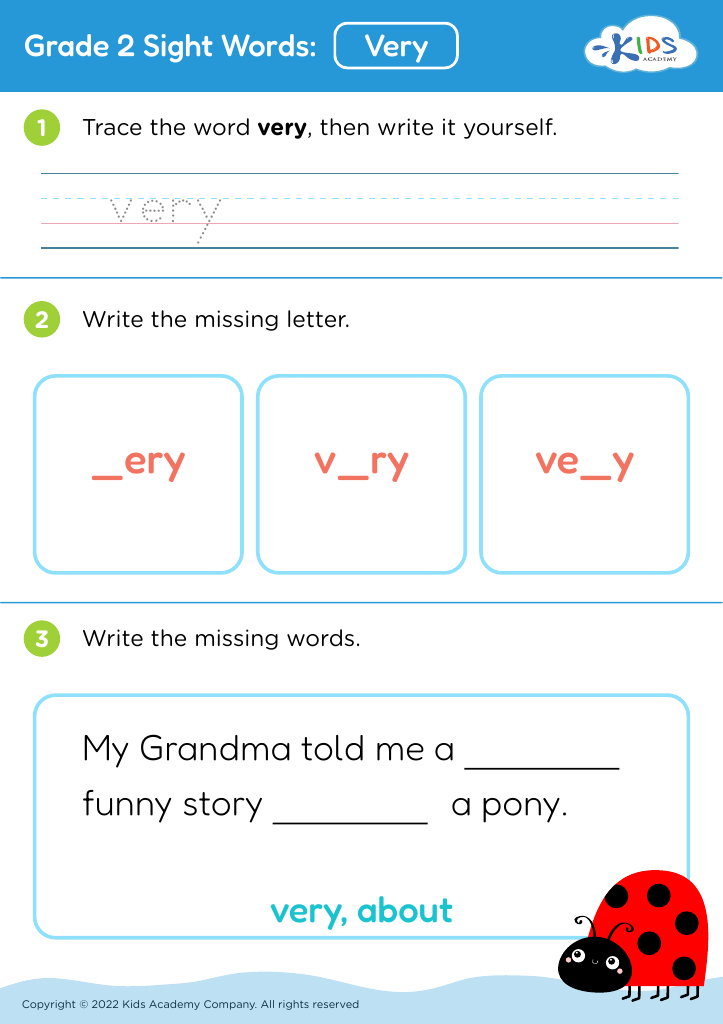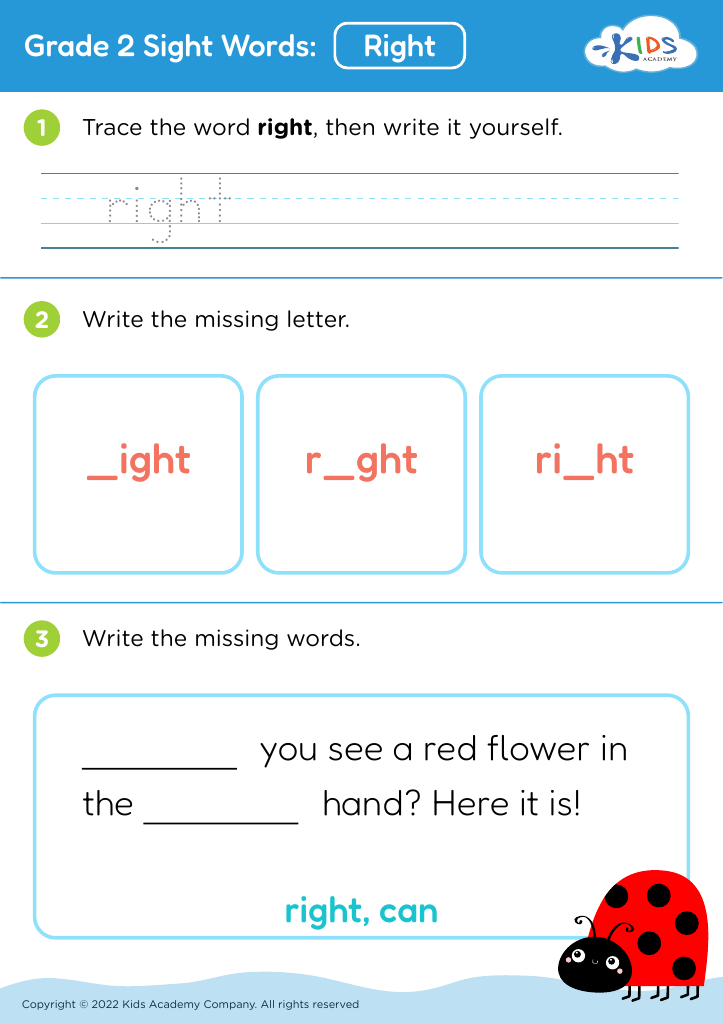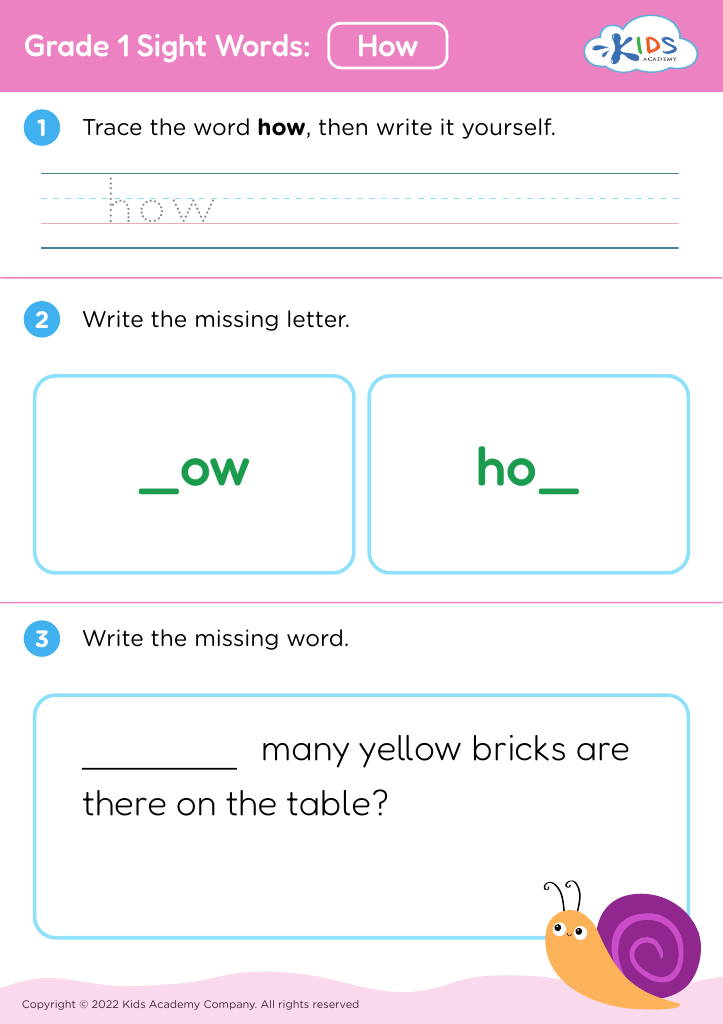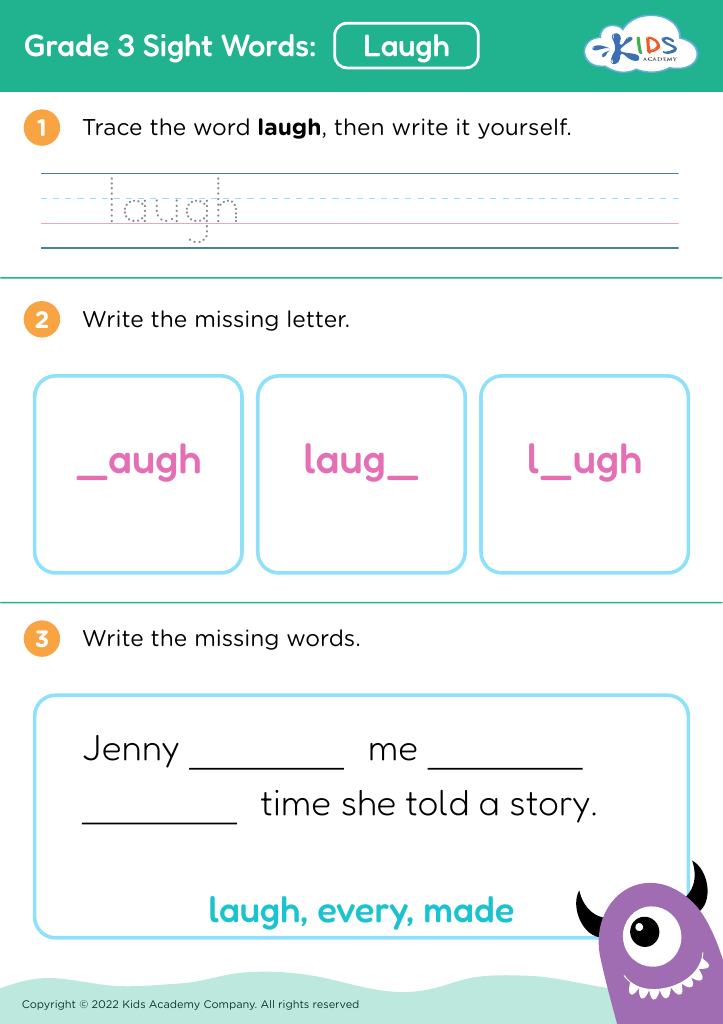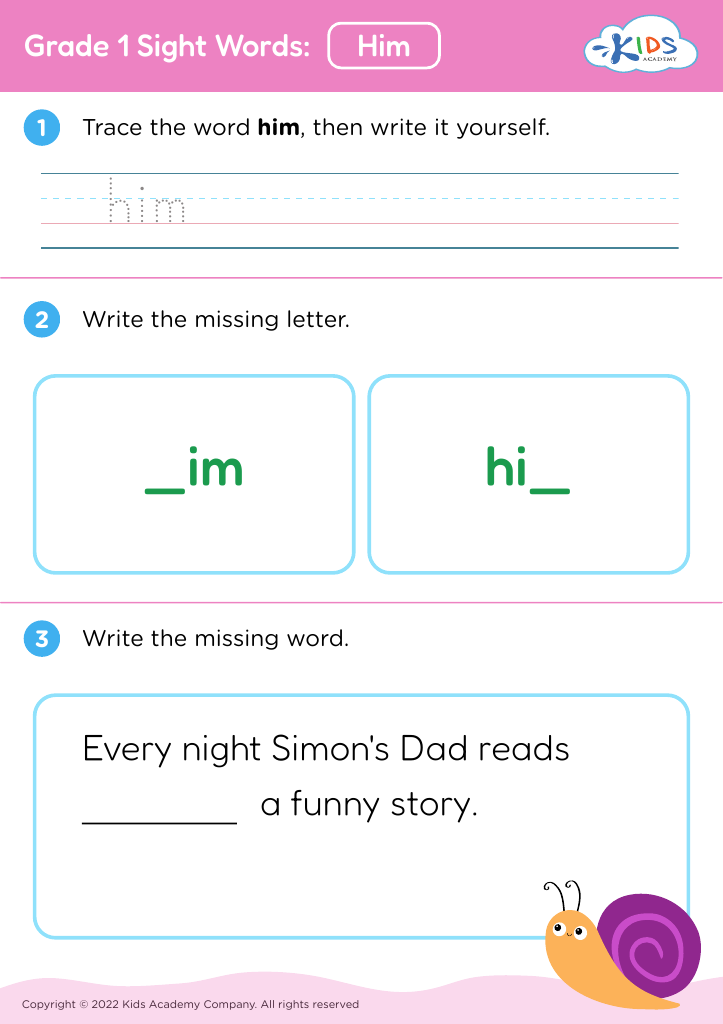Number Recognition Reading Worksheets for Ages 6-8
35 filtered results
-
From - To
Explore our engaging Number Recognition Reading Worksheets designed for children aged 6-8! These resources combine fun and education to help young learners recognize numbers while developing their reading skills. Our printable worksheets feature vibrant illustrations and interactive activities that make learning enjoyable. Students will practice number recognition through games, coloring, and tracing activities that cater to various learning styles. Perfect for classrooms or home learning, these worksheets encourage independent learning and boost confidence. Empower your child’s numeracy skills while making reading an exciting adventure! Dive into our collection and watch your child flourish in their number recognition journey.
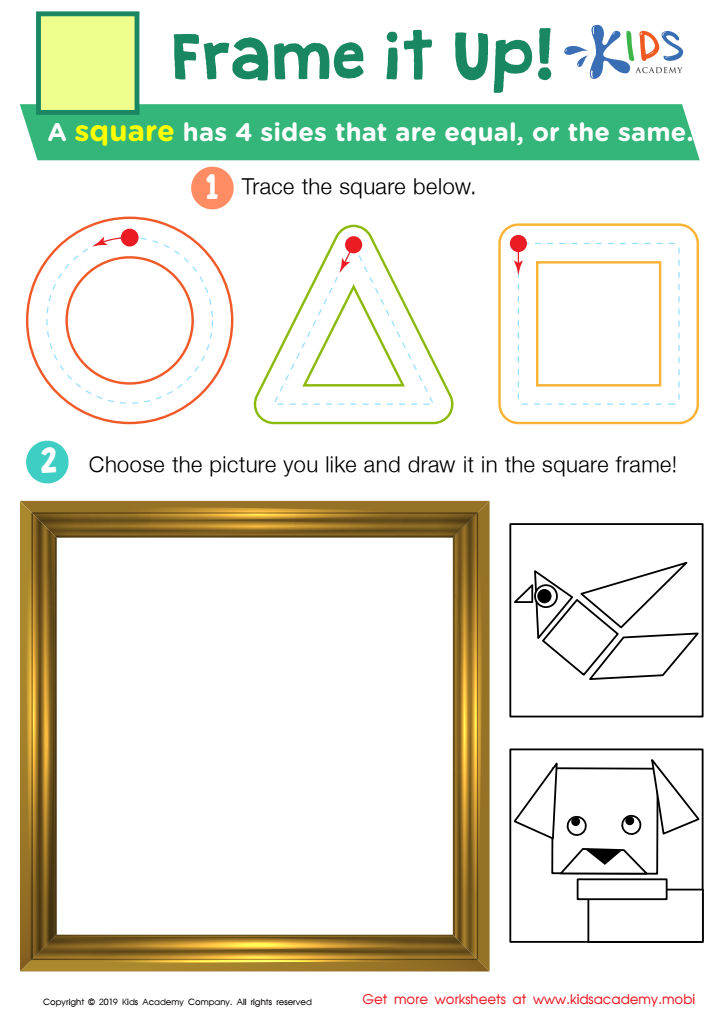

Frame it Up Worksheet


Fish Worksheet
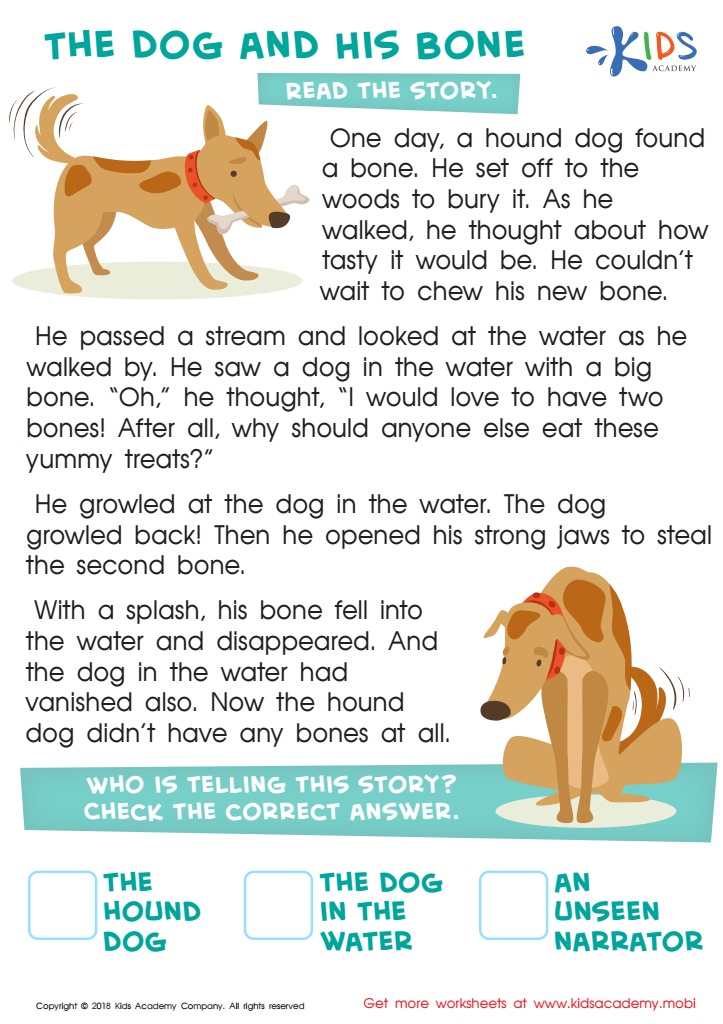

The Dog and His Bone Worksheet


More Octopus Facts Worksheet
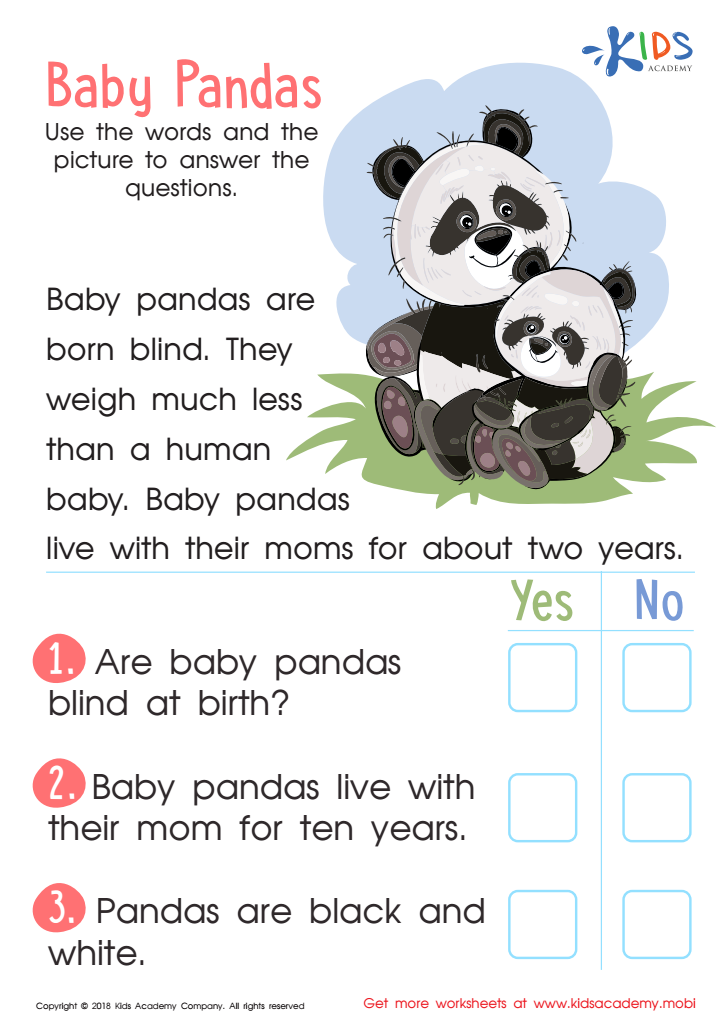

Baby Pandas Worksheet
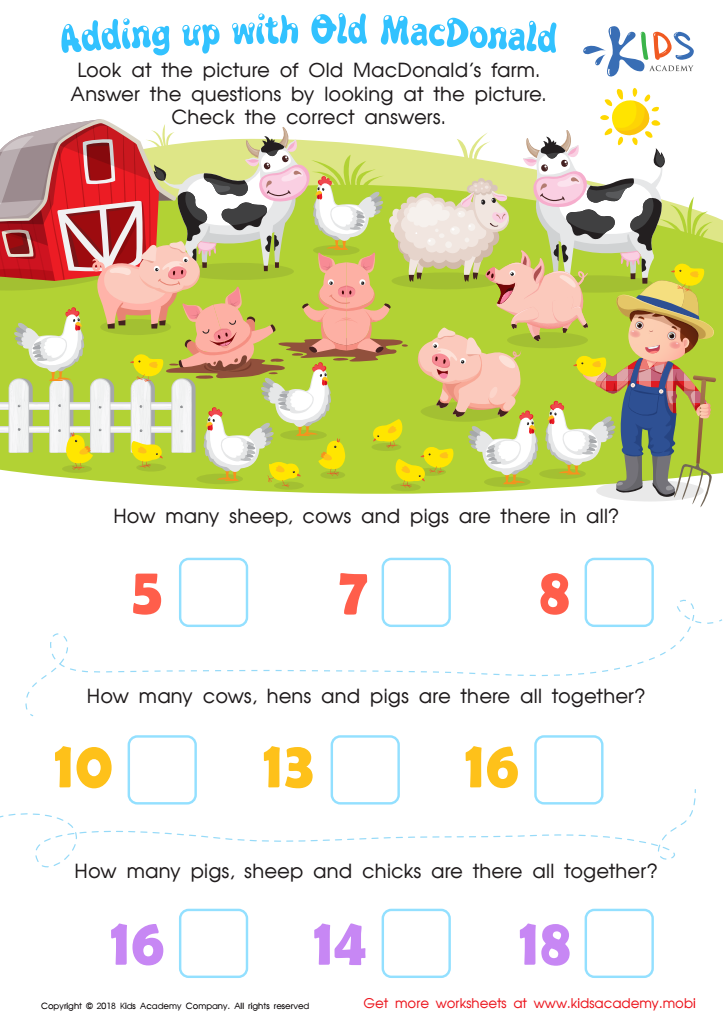

Adding Up with Old MacDonald Worksheet
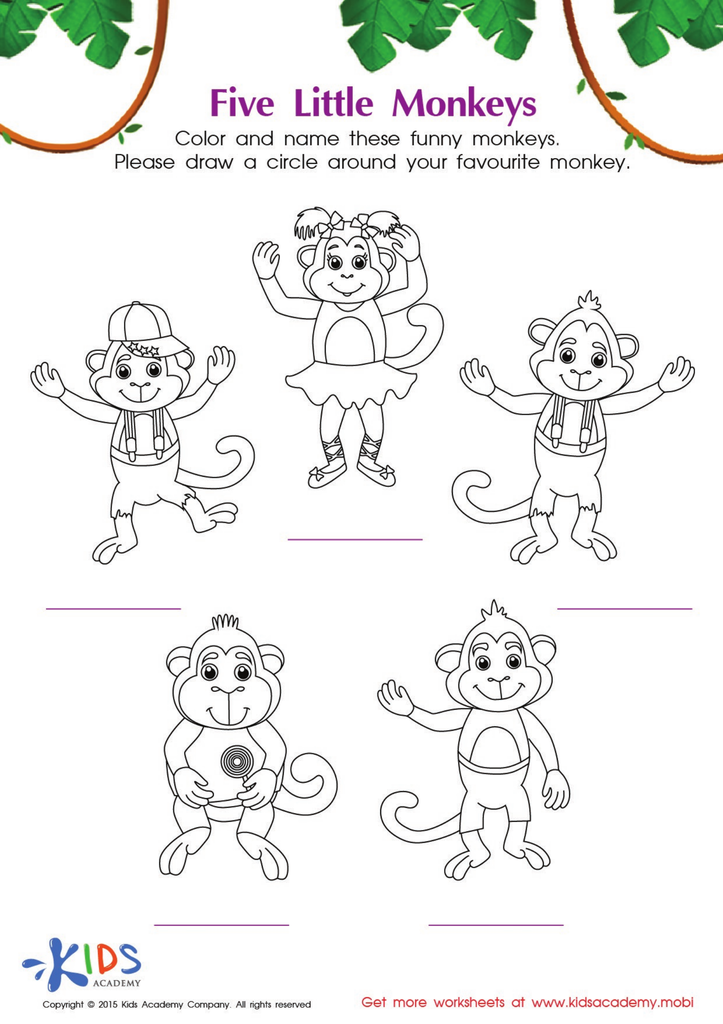

The Five Little Monkeys Coloring Worksheet
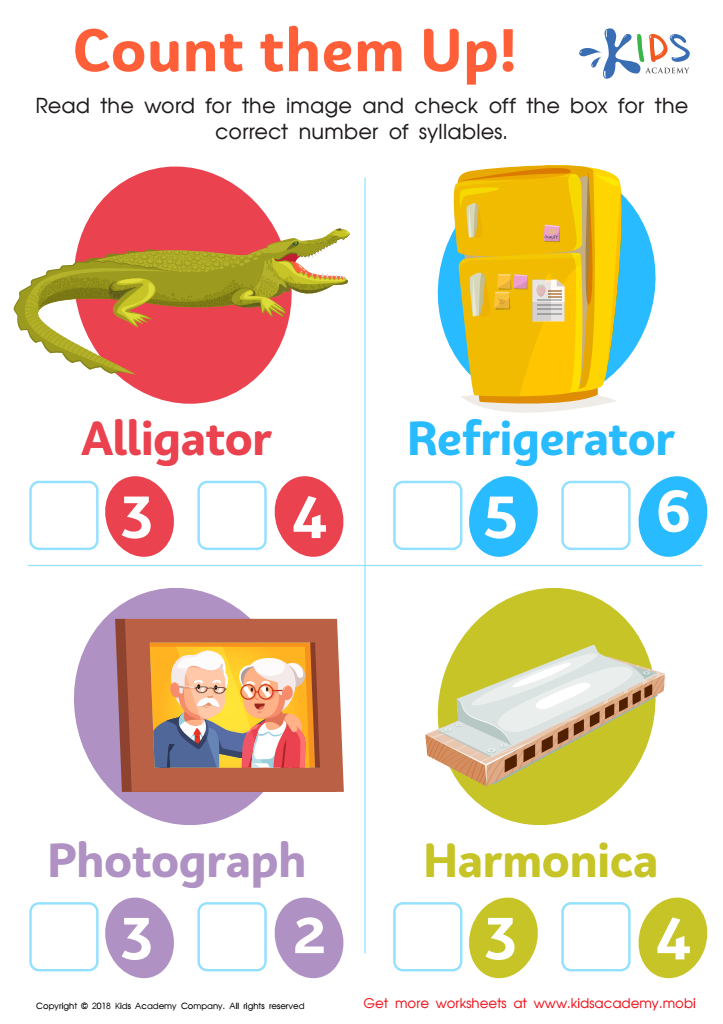

Count Them Up Worksheet
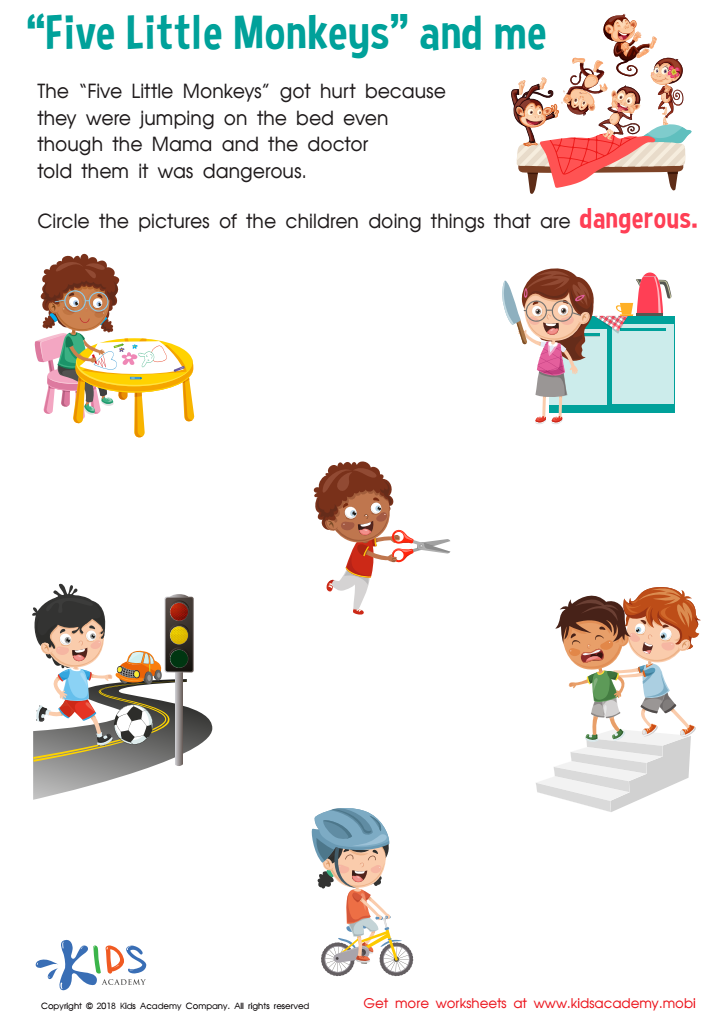

Five Little Monkeys and Me Worksheet
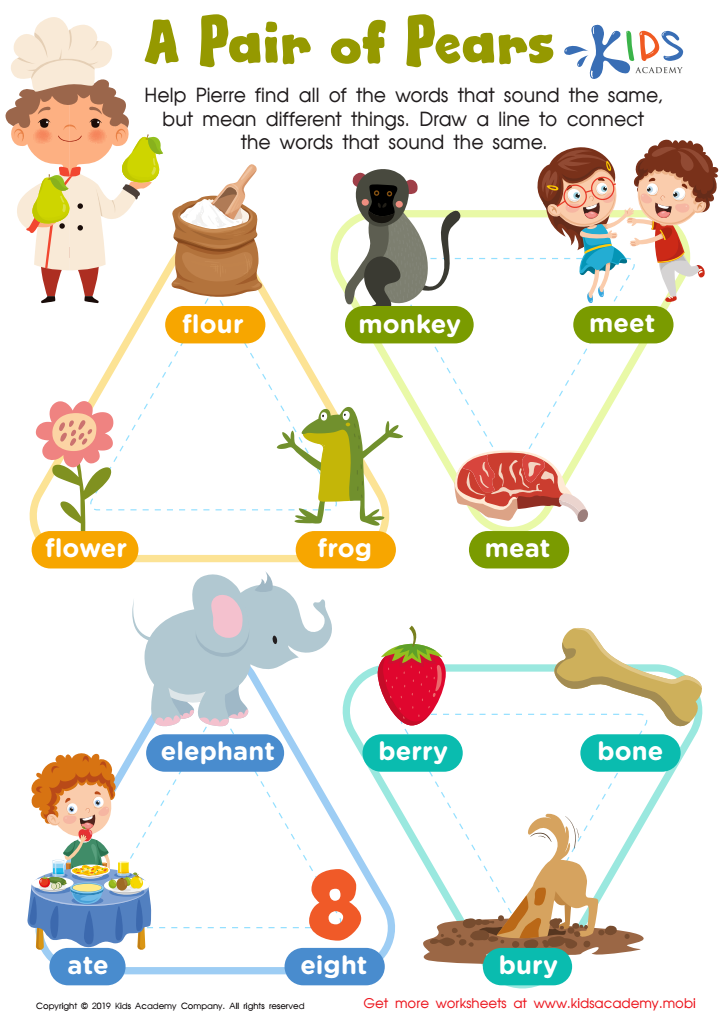

Pair Pears Worksheet


Twinkle, Twinkle, Little Star – Coloring by Numbers
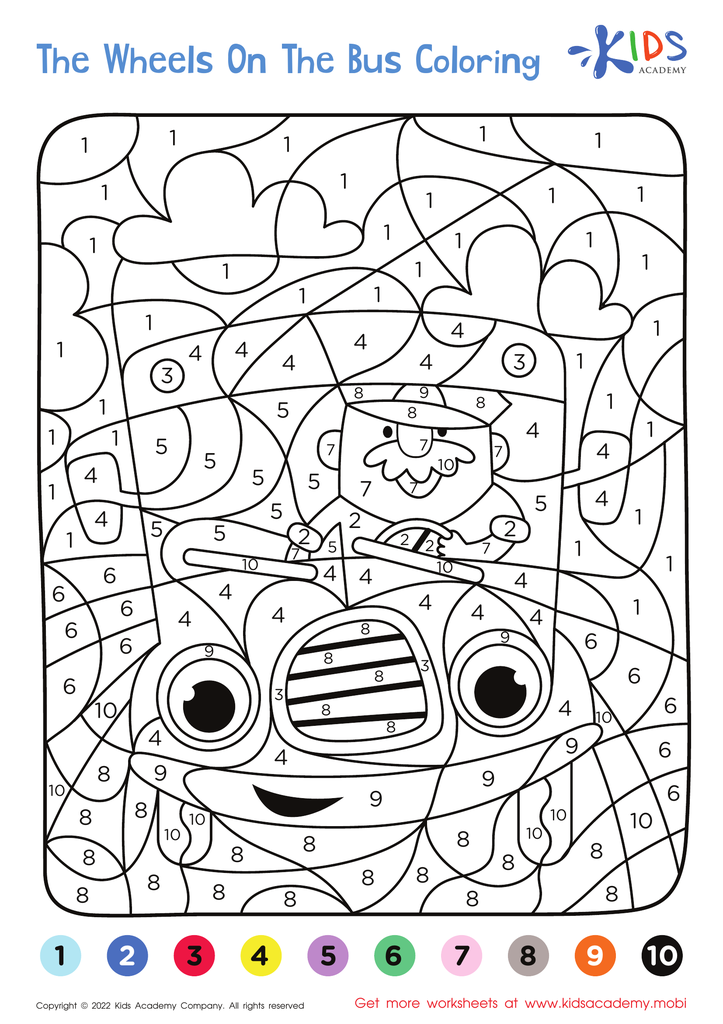

Wheels on the Bus – Coloring by Numbers
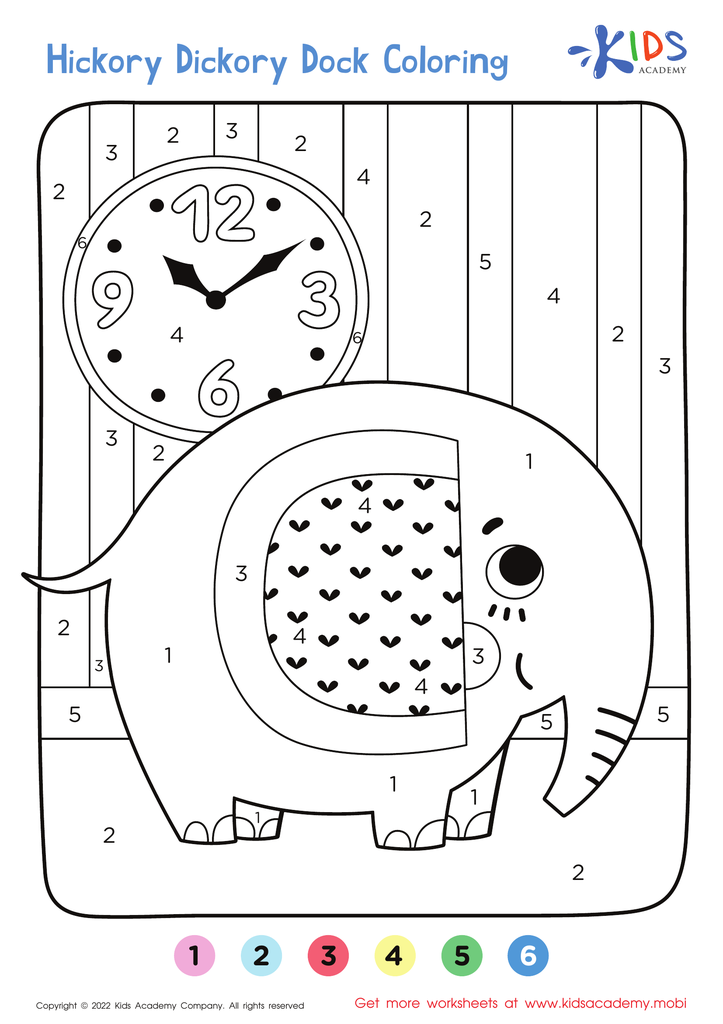

Hickory Dickory Dock – Coloring by Numbers
Number recognition is a crucial building block in early mathematics education for children aged 6 to 8. This foundational skill allows children to identify and understand numbers, which is essential for developing more advanced mathematical concepts. Parents and teachers should care about number recognition for several reasons.
Firstly, it enhances children's confidence and competence in math, setting the stage for positive attitudes towards this subject. As children recognize numbers, they can engage in basic arithmetic operations, paving the way for future success in higher-level math.
Secondly, number recognition supports critical thinking and problem-solving skills. Children begin to learn how to compare quantities, understand sequences, and grasp the concept of place value, which are important for them to analyze everyday situations mathematically.
Furthermore, mastery of number recognition links to various aspects of life, from telling time to managing money. It also helps in aligning with educational standards, ensuring that children meet age-appropriate learning goals.
Ultimately, fostering number recognition in this age group ensures that children are not only prepared for more advanced learning but also equipped with essential skills for practical life applications. Consequently, parents and teachers play a pivotal role in nurturing these foundational skills.

 Assign to My Students
Assign to My Students



